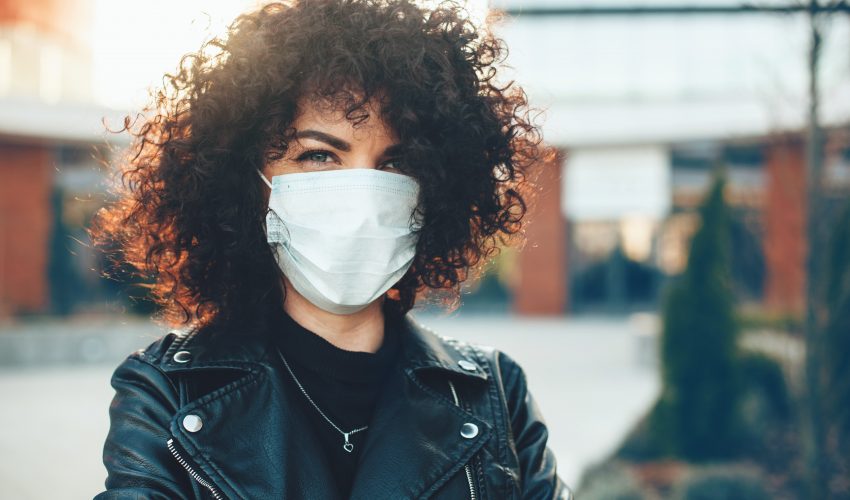Post Views: 1,822
Views No Comments
The coronavirus, COVID-19, is apart of a large family of viruses that can cause varying respiratory complications. The symptoms can range from the common cold to more severe symptoms such as a respiratory infection. Scientists and medical experts initially thought that COVID-19 only affected the older population and those with pre-existing conditions, however, recent cases have shown that people in their 20s, 30s, and 40s can be severely sickened by the virus.
There’s a surplus of information online about the virus, which can make it difficult to discern what is fact and fiction. Here are some common questions and assumptions that we have broken down:
2. Specific medications can treat COVID-19
3. Only older adults are at risk of contracting COVID-19
4. Face masks should be worn outside to prevent the virus
5. The virus cannot be transmitted in hot and humid environments
6. The coronavirus can be transmitted through mosquito bites
7. Is handwashing a good defense against the coronavirus?
8. Can you take antibiotics to prevent and treat the new coronavirus?
9. Does regularly rinsing your nose with saline prevent the virus?
10. Garlic protects against the coronavirus
Resources:
https://www.who.int/emergencies/diseases/novel-coronavirus-2019/advice-for-public/myth-busters
https://www.medicalnewstoday.com/articles/coronavirus-myths-explored
The coronavirus, COVID-19, is apart of a large family of viruses that can cause varying respiratory complications. The symptoms can range from the common cold to more severe symptoms such as a respiratory infection. Scientists and medical experts initially thought that COVID-19 only affected the older population and those with pre-existing conditions.

